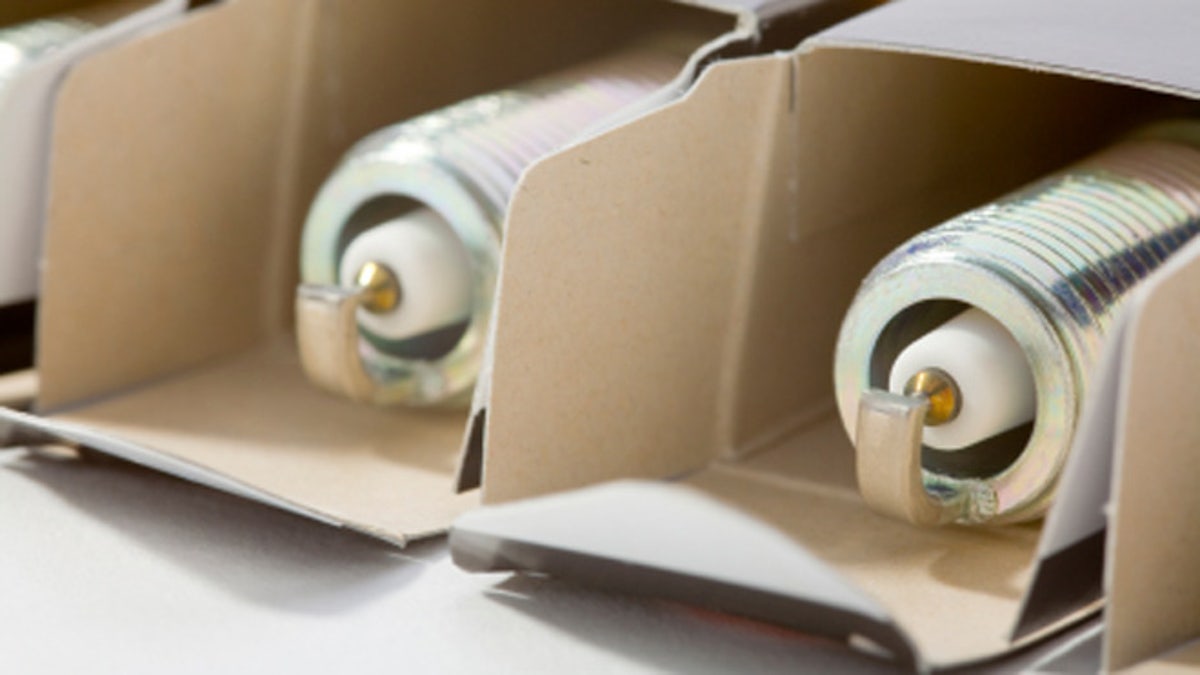
(iStock)
The National Highway Traffic Safety Administration’s announcement today that counterfeit, faulty airbags may have been used to repair tens of thousands of cars in the U.S. over the past several years highlighted an ongoing issue in the industry.
According to the Motor & Equipment Manufacturers Association (MEMA) counterfeiting is a $45 billion problem worldwide, and while only a small percentage of those parts end up in the United States, billions of dollars worth of phony merchandise is still sold to unsuspecting stores and customers each year.
MEMA, which represents original equipment and aftermarket parts manufacturers with operations in the United States, works with its members, law enforcement and repair shops to try and identify counterfeit parts in the supply chain before they get to consumers.
But spotting the goods isn’t that easy. Many of the counterfeits in circulation are very convincing, with official logos printed on them packaging that is often identical to the real thing. Oftentimes it’s up to the mechanics who work with parts every day to literally feel out the fakes.
So how can a consumer protect themselves?
A MEMA representative says the main tip-off is that if the price seems too good to be true, it probably is. According to NHTSA, the supplier selling the counterfeit airbags was charging less than one tenth of what legitimate parts would cost.
But a shady shop might not pass the savings on to the consumer, so it’s important to talk to the people working on your car, get to know them, find out exactly what kind of parts they’re using on your car, where they get them from and even ask to see them for yourself before they are installed.
As for do-it-yourself types, the first line of defense is buying your parts from a store that you trust, but ultimately it’s in your hands. The best thing you can do is compare the part with the one you are replacing to check if it looks and feels the same. If not, it’s up to you to say something.
ACDelco, one of the largest parts companies in the U.S., says legitimate auto parts stores are just as concerned as their customers about this sort of thing, but like most manufacturers it also has a hotline for consumers to report suspected counterfeit parts.
Most important, experts say consumers need to remember that this is above all a safety issue and not the same as buying a phony handbag on the street. Nearly every part in an automobile presents a potential hazard if it’s not properly manufactured or installed. NHTSA tests found that some of the counterfeit airbags shot shrapnel when deployed, not exactly the sort of thing you want your safety equipment to do.